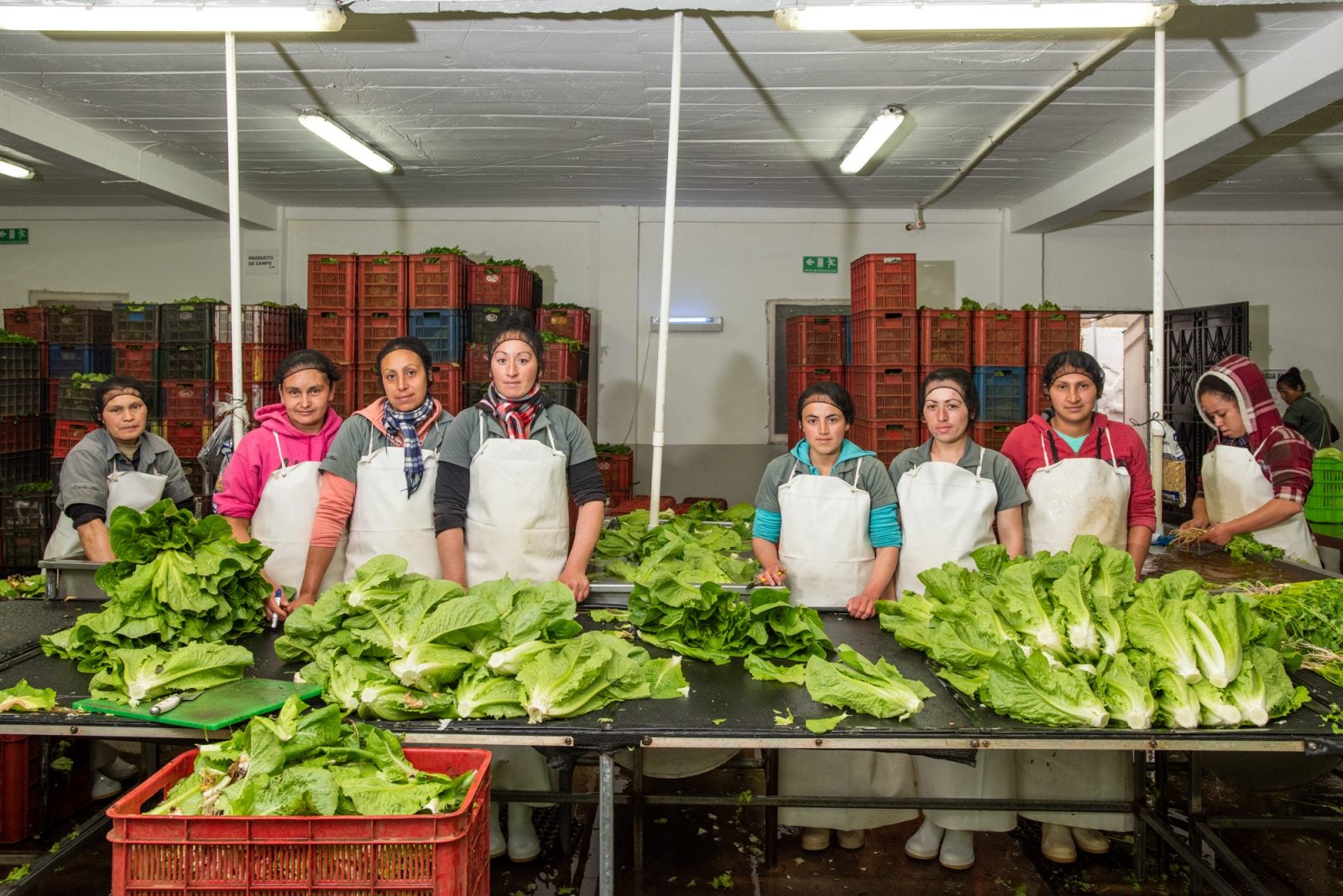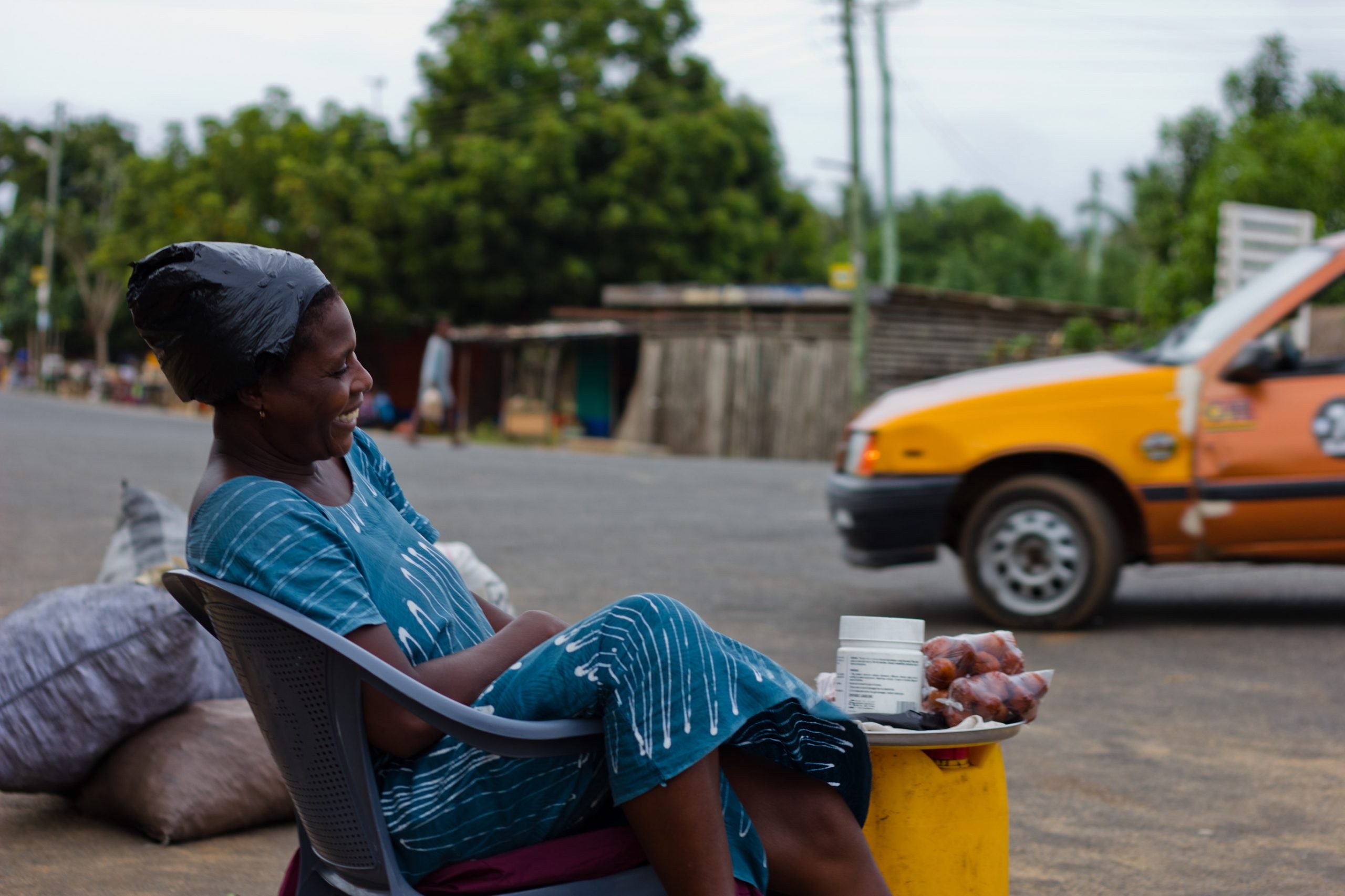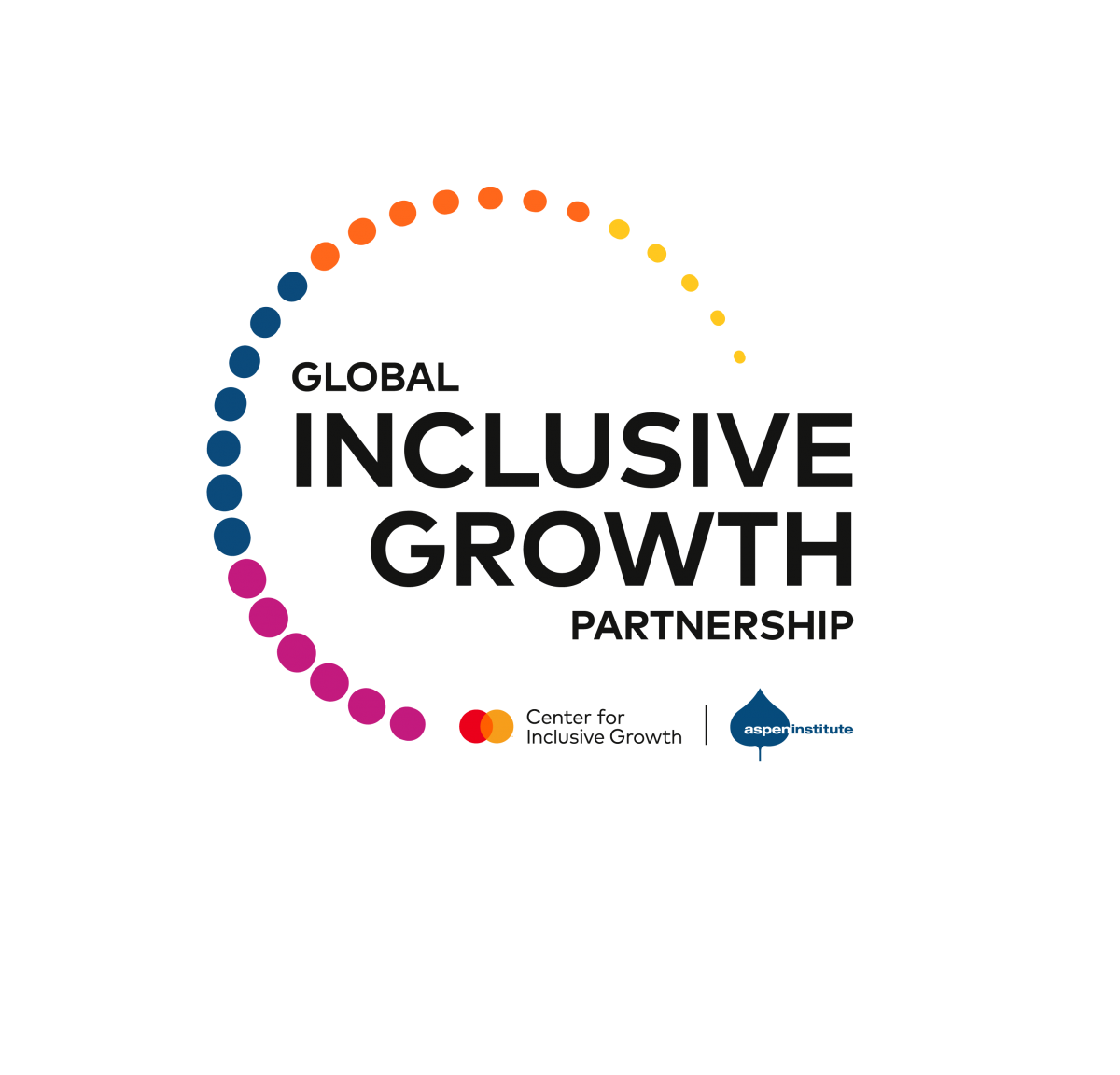
Targeted support for SGBs represents the most effective way to create jobs that can lift families, and entire nations, out of poverty and build inclusive and sustainable prosperity.

Small and growing businesses (SGBs) are defined by ANDE as commercially viable businesses with five to 250 employees that have significant potential, and ambition, for growth. Typically, SGBs seek growth capital from $20,000 to $2 million.
SGBs do more than just create jobs. They also improve the health, well-being, education, and economic opportunities for their communities, and can help create a greener and more sustainable economy. ANDE believes that SGBs are critical in helping achieve the United Nations Sustainable Development Goals (SDGs or global goals) for 2030.
Institutions are already working with SGBs to help them grow and develop. From investors providing needed funding to high-potential entrepreneurs to capacity development providers helping SGBs get the skills they need to compete, different organizations have critical roles to play.

Institutions that support SGBs have begun to recognize that they can have more impact by taking an ecosystem approach.
SGBs bring economic development benefits, including:
SGBs drive economic growth by creating jobs, paying taxes, purchasing from local suppliers, and selling to local and global distributors. SGBs also bring critical goods and services to base of the pyramid (BOP) customers. Their innovations offer a market-based solution to development’s most pressing challenges.
SGBs link local communities to global markets. The benefits move both ways: producers get access to a larger market, and corporations get a sustainable supply of critical resources.
SGBs can increase empowerment for marginalized groups. Entrepreneurship is a powerful force for autonomy and self confidence. Job creation in remote regions or poor communities benefits not just entrepreneurs and employees, but entire households.

